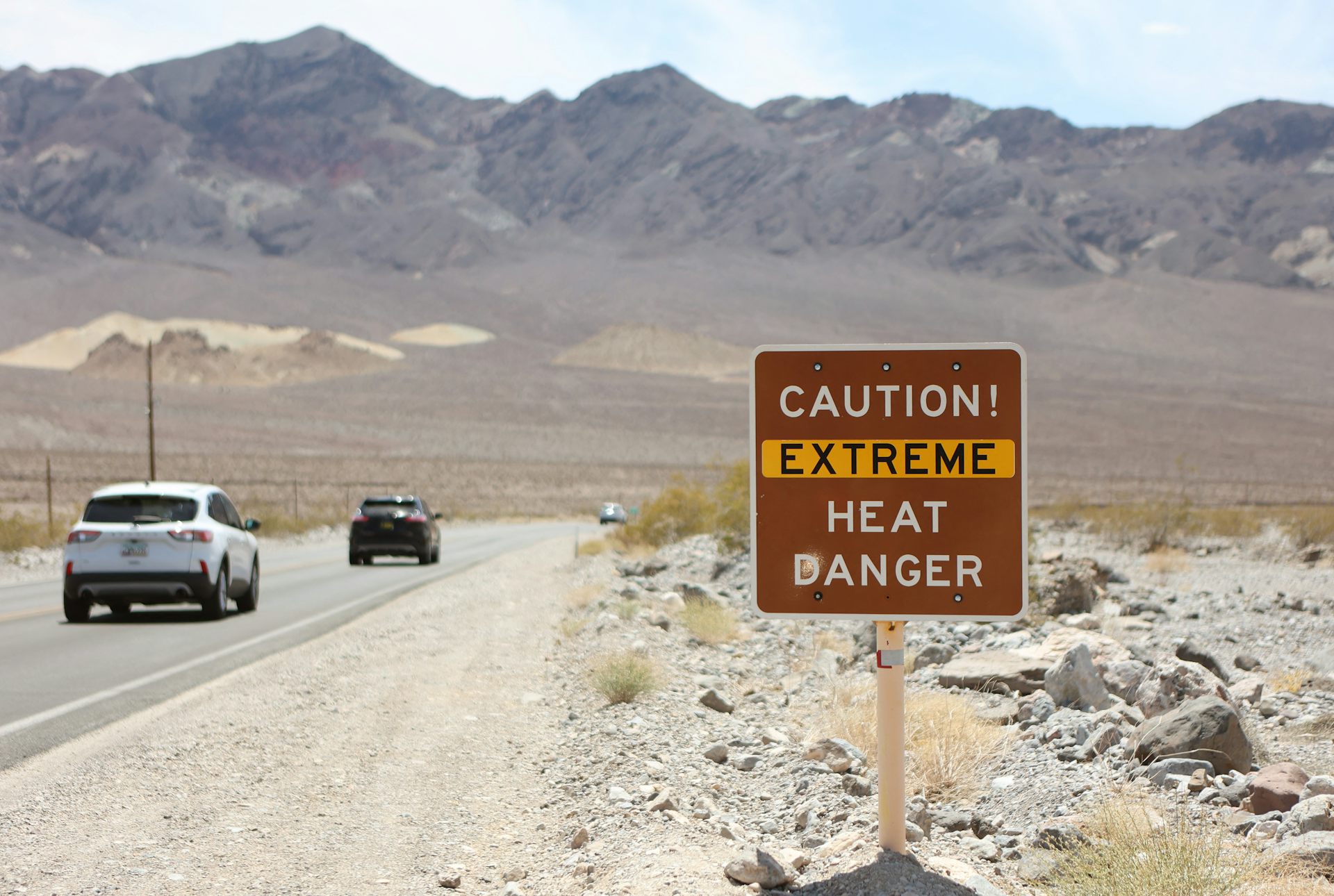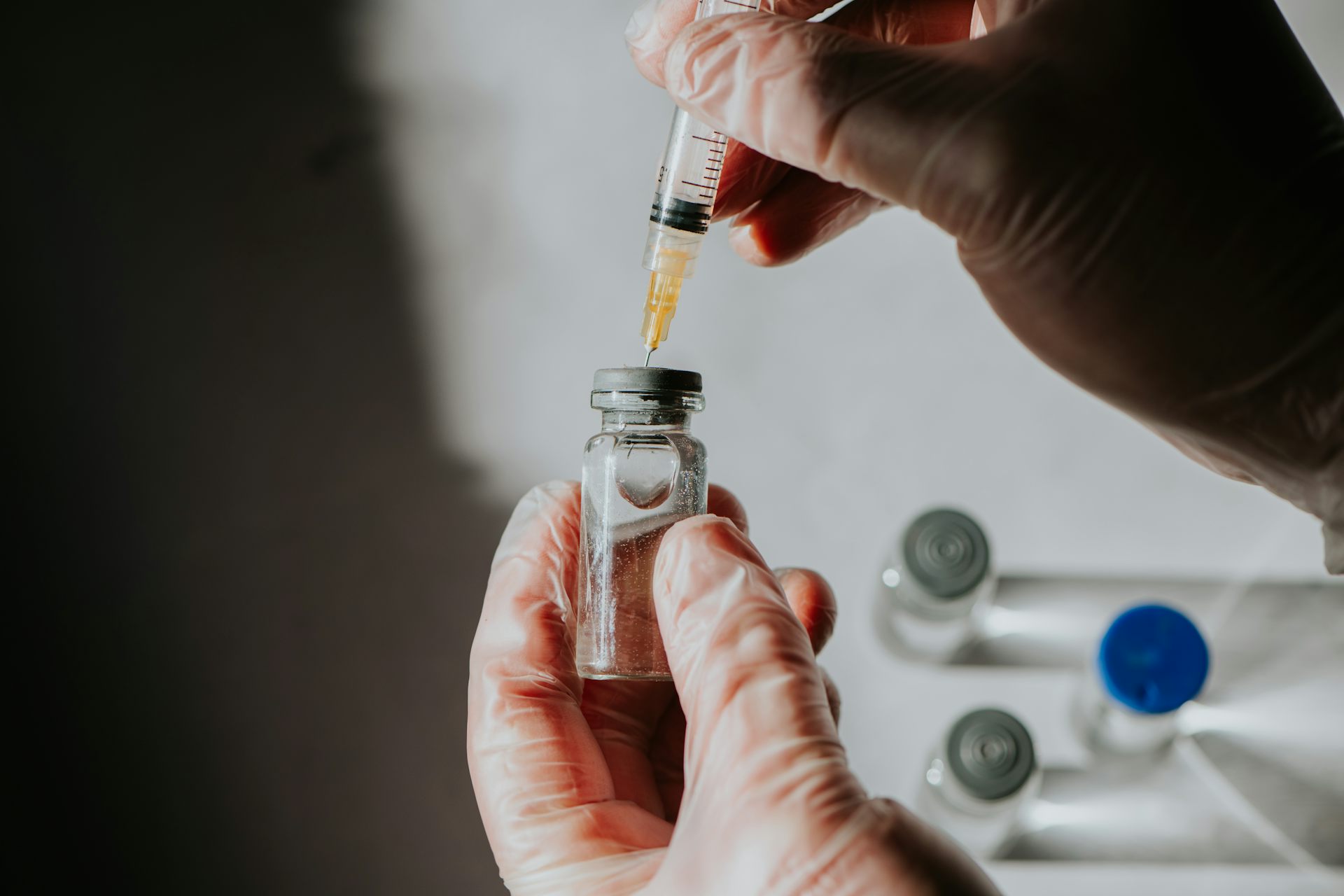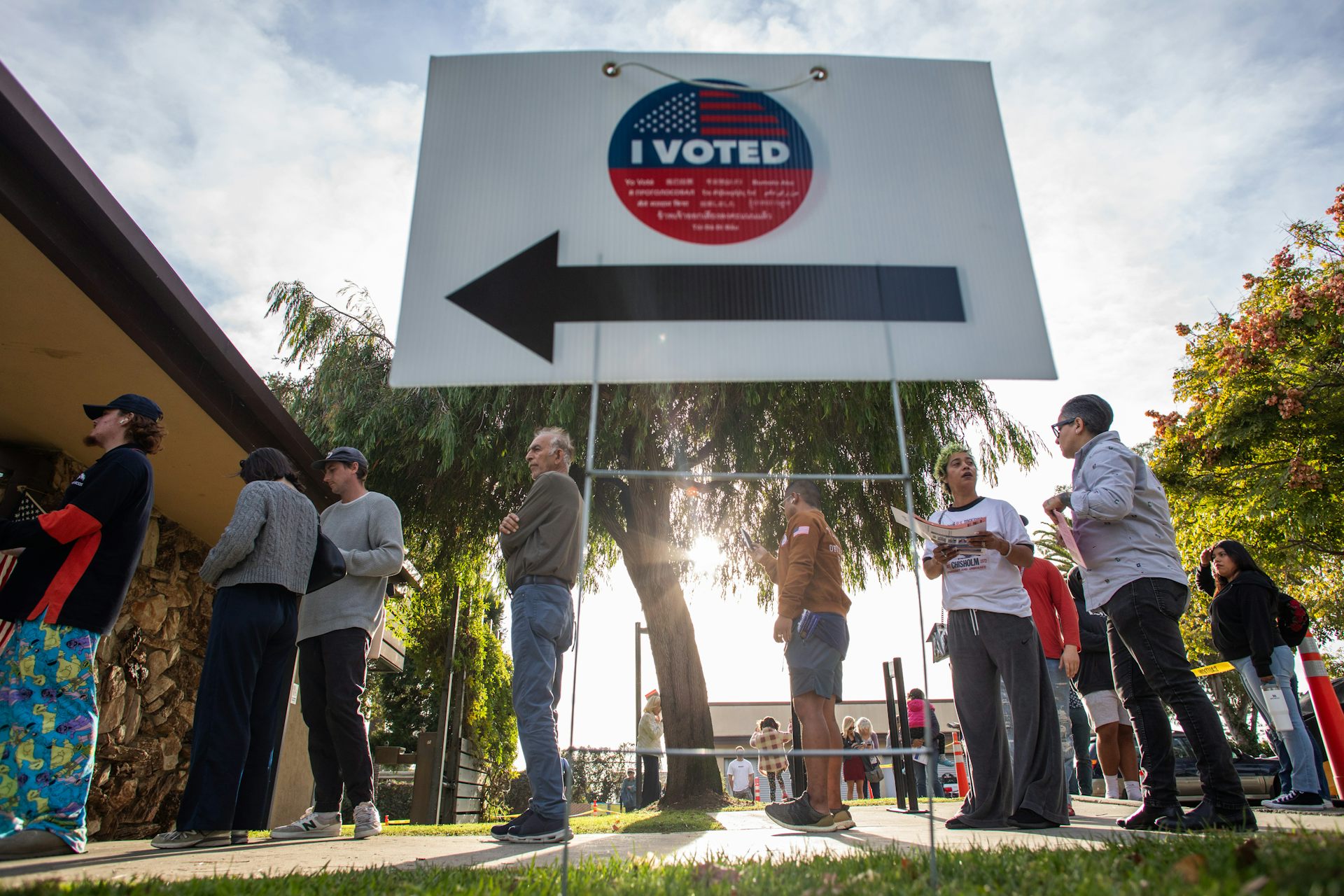Mega Millions jackpot is $750 million – where does all the lottery tax revenue really go?
The Mega Millions lotto pot for Jan. 15 is the second largest it's ever been. Taxes on the lotto go to state governments, but often the money isn't spent in quite the way it's supposed to be.
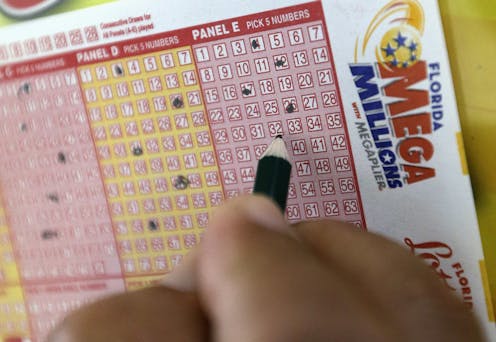
The Mega Millions jackpot drawing for Jan. 15 has soared to US$750 million and counting. This makes it the second largest pot in Mega Millions history – surpassed only by the $1.537 billion winning ticket in October 2018 – and the fifth largest lotto jackpot ever in the U.S.
In the middle of the 20th century, when lotteries first started in the U.S., they were sold to states a benefit to the American public. That suggests that bigger and bigger jackpots should mean more tax dollars to spend on public services like education.
But that isn’t happening. So what’s really going on?
Big money, tiny odds
First, let’s look at how lottery jackpots get so big. Since Sept. 15, 2020, week after week, no one has drawn the winning numbers and the unclaimed pot rolls over into the following week. As the tickets keep getting bought, the pot gets bigger.
You too have the chance to win the one of the biggest Mega Millions jackpots ever with the simple purchase of a $2 ticket. However, your chances are pretty slim. With a 1 in 300 million chance of picking the matching numbers, you are three times more likely to be killed by a vending machine.
An easier way to really wrap your head around these odds is to imagine a bathtub overflowing with white rice. Take one grain of rice, paint it gold and then bury it somewhere in the bathtub of rice. Now, have someone walk in the bathroom door, blindfold them and have them try, in one lucky dip, to pick out that single golden grain of rice.
According to a 2016 poll, about half of Americans play the lottery today, compared to almost 70% in the 1980s. That means the lottery needs to extract more money from fewer people – a worrying trend for lottery runners.
Mega Millions decided to decrease each person’s chances of winning, in order to grow the jackpots bigger. Before 2017, players picked five numbers between 1 and 75 and then one number between 1 and 15. Now, each player picks five numbers between 1 and 70 and then one number between 1 and 25. This increases your chances of matching five numbers and receiving some sort of prize, while decreasing your chances of winning the whole shebang. What’s more, the price of a ticket has doubled.
Apparently, as the jackpot gets bigger, more people are willing to buy a ticket. According to the Bureau of Labor Statistics, in 2017 and 2018, the average American spent just under $70 a month on the lottery or betting pools. And since only about half of the country plays, the average amount spent per player is higher.
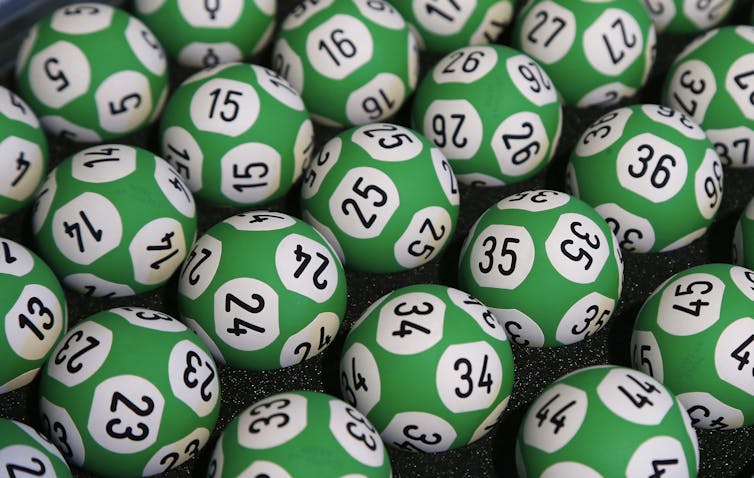
Where the money goes
Mega Millions profits are split between 47 lottery jurisdictions – 45 states, D.C. and the U.S. Virgin Islands. Overall, 27 states earmark some or all lottery revenue for education. In D.C., the lotto dollars go to a general fund; in Colorado, the funds go toward environmental protection; and in Kansas, some of the money pays for juvenile detention facilities.
The lottery was promoted as a way to create more money for education – but most state legislatures haven’t been using the money as additional funding. Instead, they use the lottery money to pay for the education budget, spending the money that would have been used on education if there wasn’t a lottery budget on other things. As a result, public schools rarely get a budget boost.
An April 2018 study from the North Carolina Center for Public Policy Research showed that many states – including California, Florida and Michigan – simply substitute lottery revenues for normal appropriations. As of 2016, North Carolina devoted a smaller portion of its total budget to education than it did before starting the lottery.
With states like New York getting a record $10 billion in sales from the lottery in 2019, that is a pretty darn big bait and switch.
This doesn’t necessarily mean that it’s time to ax the lottery. But it does beg the question: Is lottery money a good thing for a state? It does fund some government services, but it isn’t always clear what. And the harm of gambling addiction must be taken into account somehow.
For now, I’m off to buy a ticket for this Mega Millions jackpot. I mean, someone’s gotta win….
This is an updated version of an article originally published on Oct. 20, 2018.
Liberty Vittert does not work for, consult, own shares in or receive funding from any company or organization that would benefit from this article, and has disclosed no relevant affiliations beyond their academic appointment.
Read These Next
OpenAI has deleted the word ‘safely’ from its mission – and its new structure is a test for whether
OpenAI’s restructuring may serve as a test case for how society oversees the work of organizations…
Trump says climate change doesn’t endanger public health – evidence shows it does, from extreme heat
Climate change is making people sicker and more vulnerable to disease. Erasing the federal endangerment…
FDA rejects Moderna’s mRNA flu vaccine application - for reasons with no basis in the law
The move signals an escalation in the agency’s efforts to interfere with established procedures for…



